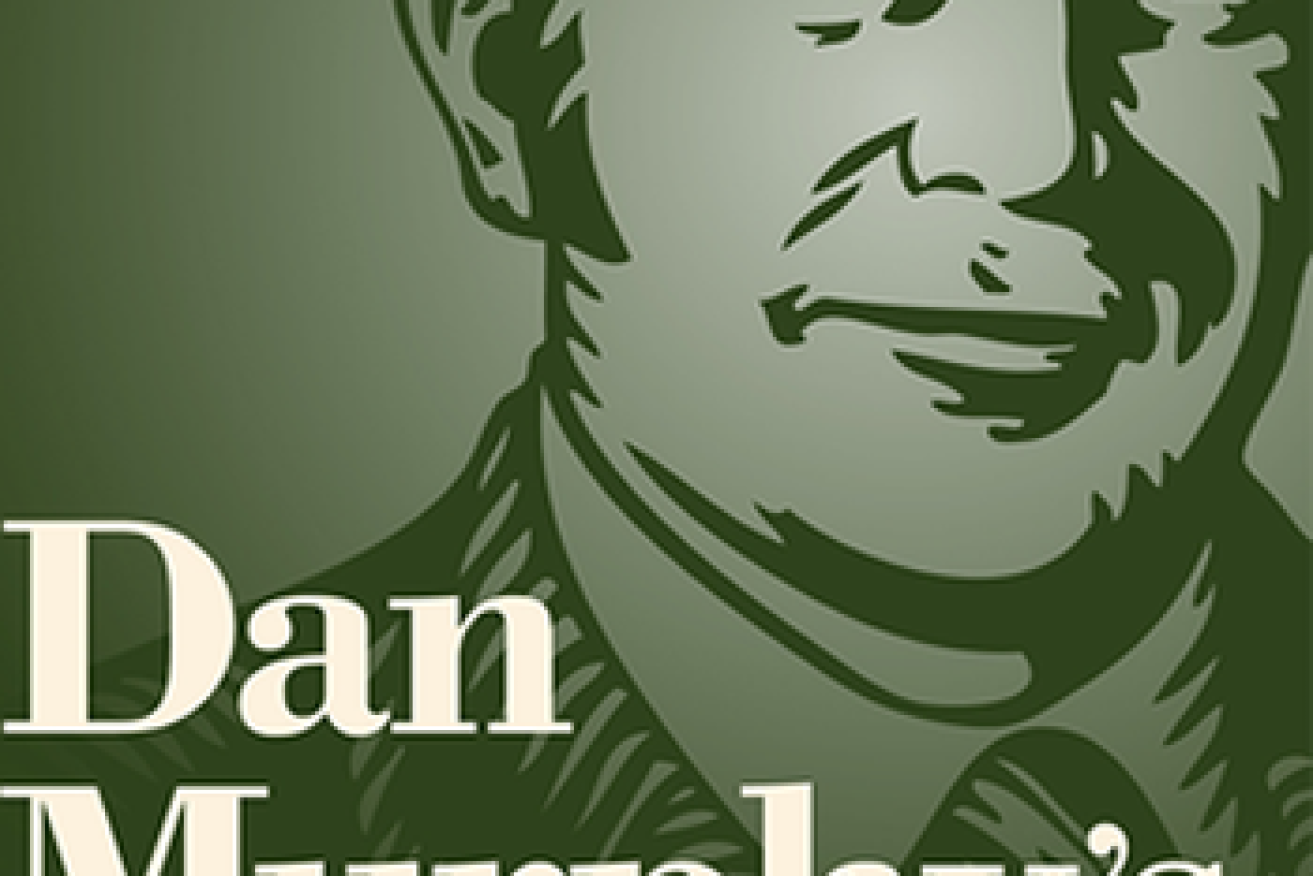The Bunnings of booze has us intoxicated


Dan Murphy’s has been voted top grog shop in Australia. The Woolworths-owned retailer scooped Liquor Store of the Year in the 2015 Roy Morgan Customer Satisfaction Awards.
Roy Morgan reckons Dan Murphy’s is blitzing the market. “Dan Murphy’s dominates the market to such an extent that it can be considered a category killer,” says Roy Morgan general manager of consumer products Andrew Price.
That statement should make us shiver. Category killers dominate their industry, repel competition, and give their owners the power to set prices.
In other words, without meaningful competition, the cost of Dan Murphy’s success could be borne by you, the shopper, in the form of higher prices. Is that what we want in Australia’s “bottle shop of the year”?
• Discount chain Aldi ups ante in supermarket war
• Bunnings unleashed: this is life after Masters
• You won’t believe which supermarket is going upmarket
Whether we want it or not, Woolworths Limited must be delighted. The company – which owns Woolworths supermarkets and Masters Hardware – is being trounced by Wesfarmers in those categories.
Woolworths needs at least one patch where it can claim superiority and booze is it. It owns both the biggest brands – Dan Murphy’s and BWS. Dan Murphy’s also has a booming online liquor segment.
That’s a license to print money because booze is a gigantic market – Aussie households spend an average of $32 a week each on alcohol. That’s about 13 times as much as we spend on tea and coffee.
The Bunnings of booze
The triumph of Dan Murphy’s makes perfect sense once you consider it. The store works much like that giant of hardware, Bunnings.
Both Dan Murphy’s and Bunnings are big-box retailers – you have to drive there and it isn’t always nearby. But you are happy to travel because they have a huge range and promise lowest prices.

The store works much like that giant of hardware – Bunnings. Photo: Twitter
Both Bunnings and Dan Murphy’s use the price-match guarantee. Now, often the price beat guarantee is a trick to stop competitors from discounting, and prices in store are not actually low.
But in the case of Dan Murphy’s, even consumer advocates CHOICE can’t quite find things cheaper elsewhere.
When it comes to brands, Dan Murphy’s is a little less like Bunnings, and more like Aldi. Of course, they have the big brands we all know – VB, Penfolds, Johnnie Walker. But they fill up the shelves with their own brands.
The clever trick here is that the private label brands don’t say Dan Murphy’s on them.
In the same way Aldi sells Portland tuna, Woolworths sells brands from Abervale to Zeehaen which are owned by a company called Pinnacle Drinks which “manages own and exclusive brands on behalf of” Woolworths. (You can learn more about the brands big supermarkets own here: Who Makes My Wine).
This is not to criticise the own-brand strategy. Real brands often waste money on marketing.
Having own-brands that look and act like brands makes customers happy and works for the retailer too.
They can offer lower prices and still make good margins.
Drinking competition
But the risk is if Dan Murphy’s dominates so much that prices begin to rise.
The alcoholic beverage market already has some powerful players. A single company – Anheuser-Busch InBev – claims 25 per cent of the global market.
It was created by the merger of many different breweries, including Fosters. It owns Carlton and United Breweries products, as well as Budweiser, Stella Artois, Corona, and thousands more brands round the world.
A big liquor retailer like Dan Murphy’s is able to push back against those powerful global companies keen to raise prices.
The bigger it gets, the more power it has to get good prices from suppliers and the harder it makes life for its rivals.
Life for the small liquor retailer is already very tough. Don’t forget – we are drinking less booze each year.

Apparent Consumption of Pure Alcohol in Australia per capita. Photo: ABS
In a shrinking market it will be harder and harder for an upstart young retailer to get a foothold to provide decent competition.
“Between Dan Murphy’s overwhelming prevalence, and the large sector of the alcohol-buying public who think all liquor stores are the same, other retailers seeking a higher profile and/or better public image have their work cut out for them,” Roy Morgan’s Mr Price said.
If one day Dan Murphy’s really is like Bunning’s – the only surviving big retailer in its category – then we could all suffer the hangover.
Jason Murphy is an economist and journalist who has worked at Federal Treasury and the Australian Financial Review. His Twitter handle is @jasemurphy and he blogs about economics at Thomas The Think Engine









